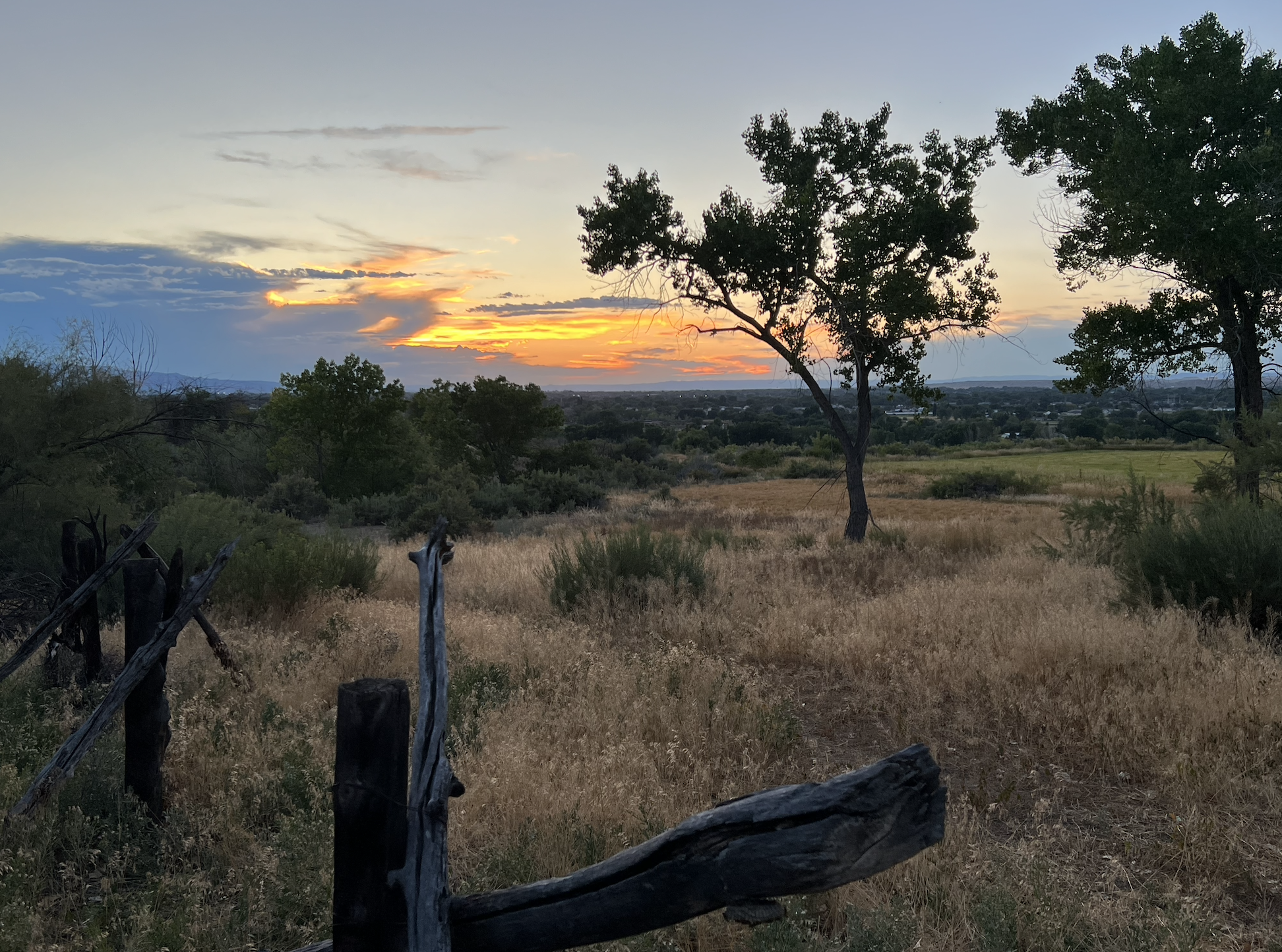My son Isaac is being raised in the LDS tradition. The Mormons. It is a tradition that I practiced for 25 years. I carry with me much good from those many years.
Part of that tradition for young people his age, now 18, is serving a two year mission. Those two years do not include trips home. No Christmas returns. No summer breaks. They include proselyting, teaching, building relationships, community service, and a lot of learning.
Missions are treated as callings. Isaac, like others his age submit papers to go. It involves several interviews with ecclesiastical leaders. You don’t chose where you go. You are assigned, which is both exciting and a bit nerve-wracking. It could be almost anywhere in the world and often involves learning a language.
Opening the mission call is a significant moment. It is a letter and informational packet that includes most importantly, the naming of the geographic area in which you serve, the language you will speak, and the date when you will start. Among many friends cheering him on, last night Isaac opened his packet. He will serve in the Seattle Washington mission.
You can imagine that there is much speculation about where one goes prior to opening the call. This was true for Isaac. I was impressed by the way he let others do this, but for himself, just held back.
There is an important principle in this location assignment that I felt reiterated last night in my own thinking. Of course it is interesting and important where you go. Seattle is a great place, and a city that I spend a fair amount of time in (yes, there is irony in that). But more importantly, is what you do with where you go. There will be much good to find, everywhere.
This journey into Mormon culture, and in particular the invocation to make something of wherever you go, connects with another principle that guides me in organizational work. Start anywhere. Follow it everywhere. It was my friend and colleague Myron Rogers that I first remember saying that. It means there are many good places to start. You do well to pay attention to what arises after starting. The steps that become clear by walking.
I’m proud of my son. It takes significant effort and commitment to begin such an adventure. I hope he too gets the spirit, the abundance, and the naturalness, of what you do with where you go.



